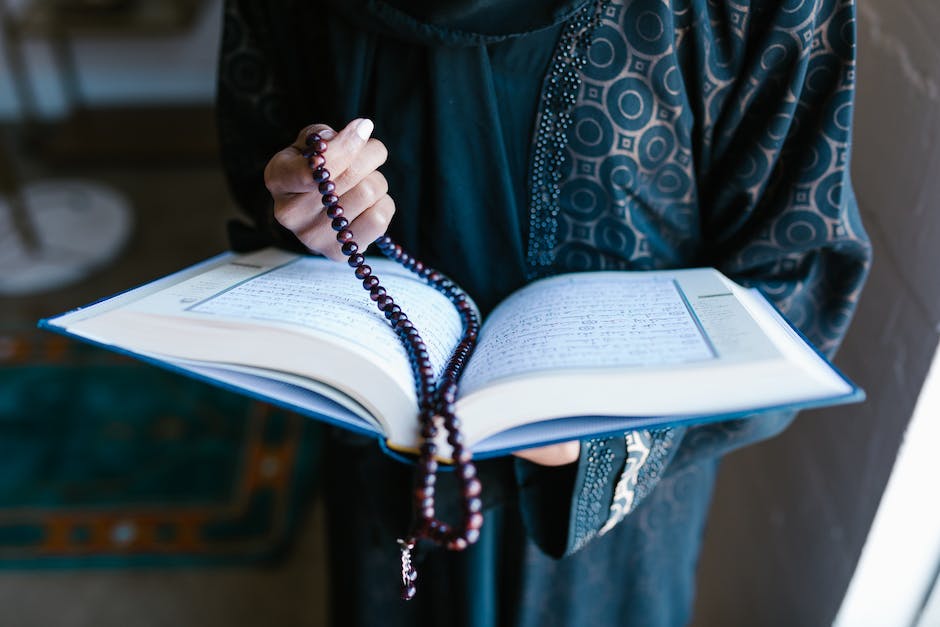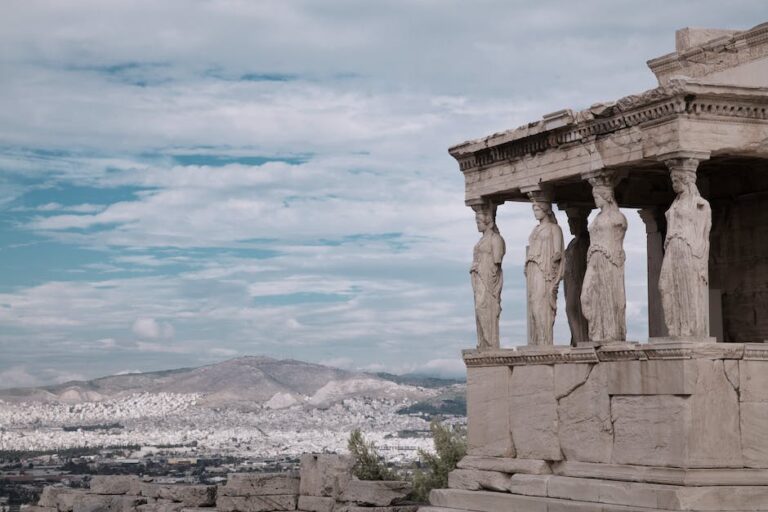The Essence of Islamic Spirituality: Key Lessons from Rumi’s Poetry
Jalaluddin Muhammad Rumi, more commonly known simply as Rumi, is one of the most famous poets to emerge from the Islamic world. Born in Afghanistan in the 13th century, Rumi is best known for his works of poetry that explore the relationship between humanity and the divine.
For Muslims seeking to deepen their understanding of Islamic spirituality, Rumi’s poetry offers a gateway into this complex and multifaceted topic. His works are filled with themes that are central to Islamic spirituality, such as love, submission, and self-reflection.
One of the key reasons why Rumi is such an important voice in Islamic spirituality is because his teachings are accessible to people from all backgrounds and religions. While Rumi himself was a devout Muslim, his poetry has resonated with people from all walks of life.
Whether you are a Muslim looking to deepen your relationship with Allah, or you are simply curious about the Islamic tradition and its teachings, Rumi’s poetry offers a powerful portal through which you can explore these themes and concepts.

Love as the Core of Islamic Spirituality
One of the most important themes in Rumi’s poetry is that of love. For Rumi, love is not limited to romantic love, but is instead a universal force that connects all of humanity with the divine.
In Islamic spirituality, love is seen as the foundation upon which all other aspects of faith are built. It is through love that we form a relationship with Allah, and it is through love that we are able to navigate the complex and often challenging terrain of life.
Rumi’s poetry speaks directly to this important aspect of Islamic spirituality, using powerful metaphors and images to convey the transformative power of love. Whether you are grappling with a difficult situation in your personal life, or you are seeking to deepen your understanding of your faith, Rumi’s poetry offers a roadmap for how to approach these challenges with love and compassion.
In fact, Rumi’s teachings on love are so universal that his poetry is often read and studied by people of all religions and cultures. This is because the message of love that Rumi espouses is one that transcends boundaries and connects us all in a fundamental way.
Submission and Surrender in Rumi’s Poetry
Another key theme in Rumi’s poetry is that of submission and surrender. In Islamic spirituality, submission to the will of Allah is a central tenet of faith. Rumi’s poetry encourages us to surrender to the divine in a way that allows us to let go of our attachment to worldly things and embrace a deeper, more profound relationship with Allah.
For many people, this kind of surrender can be intimidating. We are conditioned to believe that we need to be in control of our lives and our destinies. But Rumi’s poetry reminds us that true freedom and liberation come from letting go of our attachments and embracing a relationship with the divine.
If you are struggling to surrender to Allah and the will of the divine, Rumi’s poetry offers a powerful way to explore this important aspect of Islamic spirituality.
The Importance of Self-Reflection in Islam
Self-reflection is a crucial part of Islamic spirituality. It is through self-reflection that we are able to better understand ourselves and our relationship with Allah. Rumi’s poetry encourages us to engage in this kind of introspection, using rich, evocative language to describe the inner workings of the human heart and mind.
Self-reflection can be a challenging and uncomfortable process, particularly if we are grappling with difficult emotions or experiences. Rumi’s poetry offers a way to engage with these feelings in a way that is compassionate, non-judgmental, and healing.
By exploring Rumi’s teachings on self-reflection, we can gain valuable insights into our own spiritual journeys and deepening our understanding of our relationship with Allah. Whether you are new to Islamic spirituality or have been practicing for years, self-reflection is an important part of your journey. Rumi’s poetry can help to guide you on this path, offering wisdom, insight, and inspiration along the way.

Seeking a Relationship with the Divine
At its core, Islamic spirituality is about seeking a deeper relationship with the divine. This relationship can take many forms, depending on an individual’s beliefs, experiences, and cultural background. Rumi’s poetry offers a powerful way to explore this relationship, using vivid imagery and metaphor to help us connect with Allah in new and profound ways.
One of the reasons why Rumi’s poetry is so effective in helping us to deepen our understanding of the divine is because he encourages us to explore it on our own terms. There is no one-size-fits-all approach to Islamic spirituality, and Rumi’s poetry gives us the tools we need to explore our own relationship with Allah in a way that feels authentic and meaningful.
Whether you are struggling to find meaning in your personal life, or you are seeking to deepen your relationship with Allah, Rumi’s poetry offers a roadmap for navigating this complex terrain.
Applying Rumi’s Teachings to Modern Life
For many people, Islamic spirituality can feel disconnected from the modern world. We live in a fast-paced, ever-changing world that can feel overwhelming and disconnected from our spiritual selves. Rumi’s poetry offers a powerful way to connect with the divine in a way that feels relevant and meaningful in today’s world.
By applying Rumi’s teachings to modern life, we can gain valuable insights into how we can live a more authentic and fulfilling life, even in the midst of chaos and uncertainty. Whether you are struggling with a difficult relationship or grappling with a challenging work situation, Rumi’s poetry can help you to find the inner strength and resilience you need to navigate these challenges with grace and compassion.
In many ways, Rumi’s teachings are more relevant now than ever before. We live in a world that is increasingly divided and fragmented, and Rumi’s poetry offers a way to connect with each other and the divine in a way that transcends these divisions.
Whether you are a devout Muslim or simply someone who is seeking to live a more meaningful life, Rumi’s poetry offers a powerful way to explore the rich tradition of Islamic spirituality and connect with the divine in a way that is relevant and meaningful to your life.







